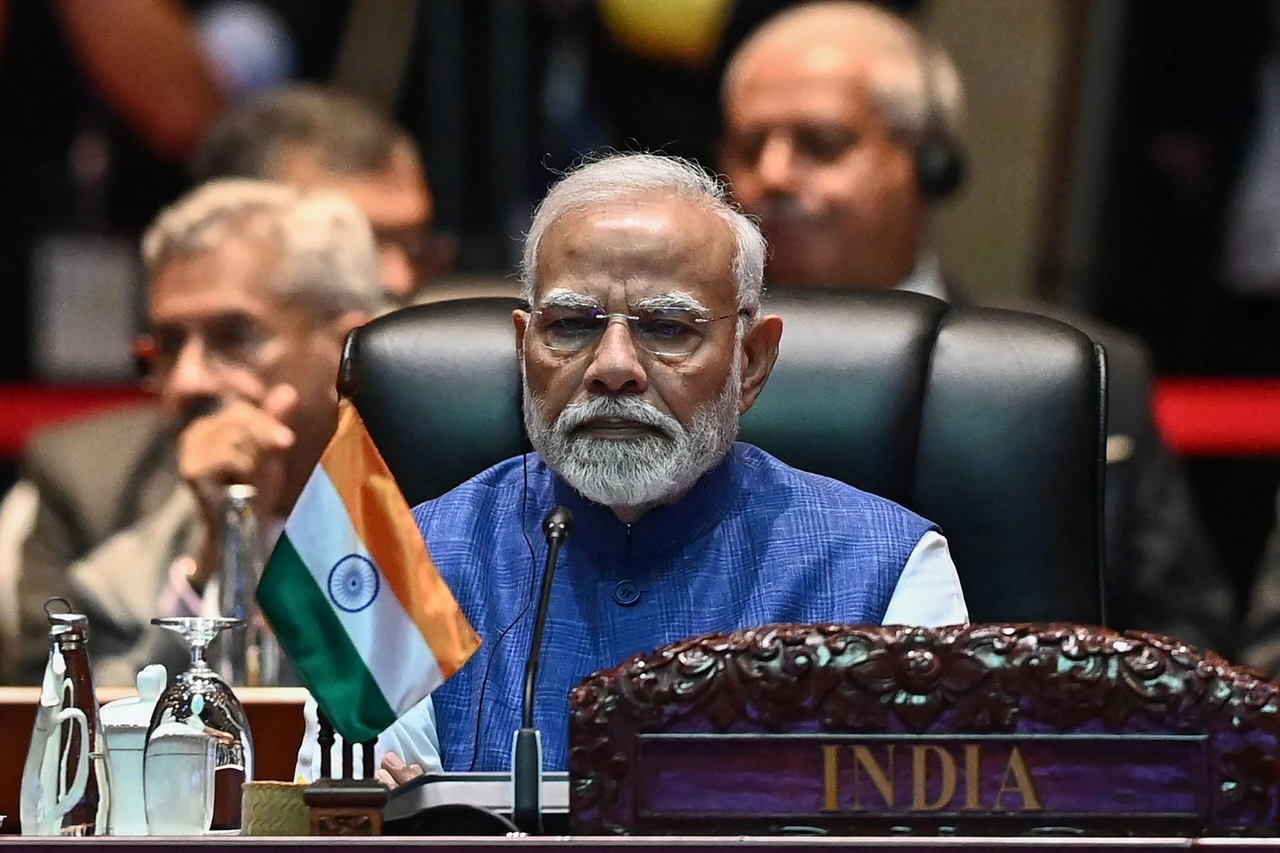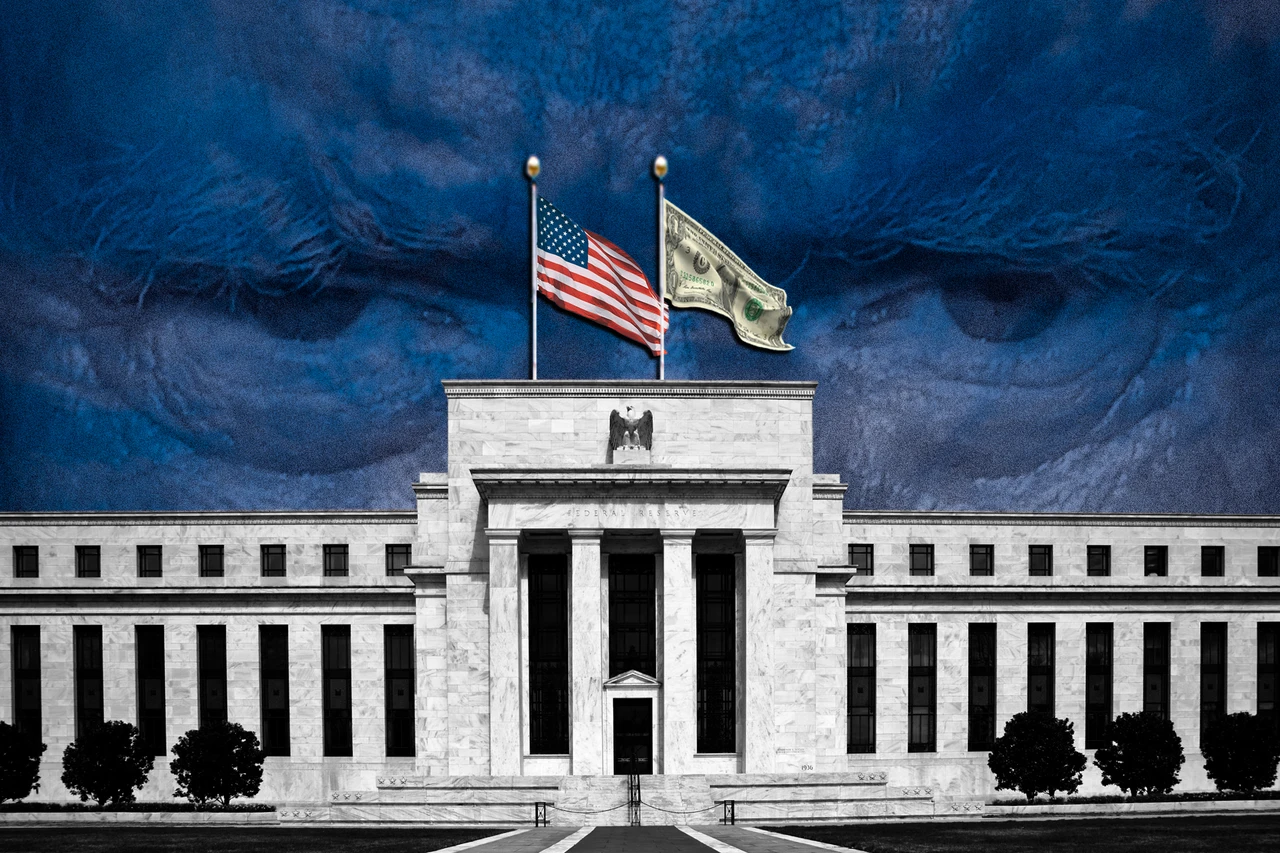Argentine President Milei’s bold measures spark fears of inflation

Argentina’s President Javier Milei’s economic overhaul, including a 50% peso devaluation against the dollar, causes price surges and inflation, despite criticism for exacerbating hyperinflation risks
Argentina’s President Javier Milei, a self-claimed “anarcho-capitalist,” has initiated a bold economic overhaul, prompting widespread anticipation of its repercussions.
Within 24 hours of announcing the measures on Tuesday, including a 50% devaluation of the peso against the dollar, the most noticeable effects in the country so far have been a swift surge in prices, reaching up to 100% increases, and a relatively subdued reaction from the markets.
Economists are in consensus that the situation is critical, necessitating a fiscal adjustment, yet they differ on the precise measures needed.
While the government’s spokesperson Manuel Adorni, justified the measures as “necessary and inevitable” to rescue Argentina’s economy, the lack of detailed information about the measures has left many uncertainties. Adorni emphasizes the need for international credibility, asserting that overspending is non-negotiable.
The announced package, unveiled earlier in the week, is declared as only the beginning, with more profound measures promised in the weeks to come.
Argentinian economist Juan Manuel Telechea warns that the president’s action will come with an immediate consequence: a significant spike in inflation. November’s reported inflation rate of 12.8% is deemed conservative, with meat prices surging over 40% and international plane tickets doubling within days. Speculation is rampant, hindering normal business operations as prices fluctuate unpredictably.
Amid the economic turbulence, a covert dollarization trend is gaining traction, notably in areas like apartment rentals. As the peso’s value plummets, transactions are conducted in dollars outside legal frameworks, presenting challenges for both businesses and consumers. The official devaluation of the peso by 51% and other austerity measures, including public spending cuts and tax adjustments, aim to stabilize the economy.
President Milei, despite initial promises to avoid tax hikes, has backtracked. Milei anticipates a 2.2-point increase in state revenues, contributing to a 5% GDP adjustment plan alongside planned spending cuts.
Telechea predicts monthly inflation rates between 30% and 40% due to the significant devaluation, raising concerns about the adequacy of social aid increases, particularly for the vulnerable informal economy workers. With 40.1% of the population in poverty and 9.3% destitute, the economic measures face criticism for potentially exacerbating hyperinflation risks, aggravated by the absence of price control measures in Milei’s plan.
Source: Newsroom



